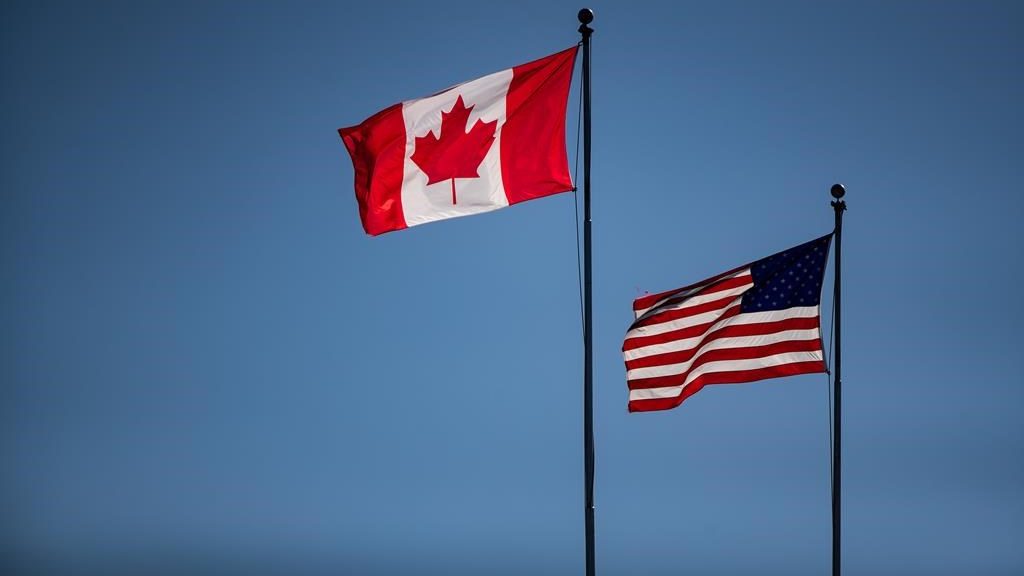Local News
B.C. business leaders weigh in as tariff threat looms large

On the eve of the Trump administration possibly hitting Canada with hefty tariffs, B.C. business leaders are left with questions and frustration as they brace for impact.
Even a day before the changes may be kicking in, it is still up in the air which sectors will be hit the hardest.
James Donaldson, CEO of BC Food and Beverage, says anxiety is high as Canadian food producers prepare for the worst.
Donaldson says smaller manufacturers aren’t likely to see the impacts of these tariffs, but larger corporations that rely on the U.S. as a customer will likely be hit the hardest. And these companies may also end up making less on goods sold here in Canada.
“There might be more Canadian products on the shelves. If it starts to get backed up, that might cause a price reduction on certain items, but that’s not necessarily good,” Donaldson said.
“In the short term, British Columbians might get cheaper products on certain items, but if those companies are losing money in the short term and can’t develop a contingency plan, they could be out of business soon. So that’s not necessarily a good thing.”
The B.C. government projects the tariffs could cost the province $69 billion and the Canadian dollar could take a hit as big as 10 cents. As well, it says unemployment could rise to over seven per cent.
But Finance Minister Brenda Bailey said these tariff threats will open more opportunities to diversify trading partners within Canada and abroad to assist B.C.’s economy.
“We have amazing labour, we have a skilled workforce, we have brilliant entrepreneurs, incredible inventions,” Bailey said.
“I have huge faith in our business sector to step in and work hand-in-hand with us as we grow our economy.”
And Donaldson points out that food manufacturers have faced challenges before.
“They kept the lights on with food production during COVID, then with the flood that shut the highway down for two weeks and we couldn’t get ingredients in, couldn’t get product out, we had the port strike, the rail disruptions, and now we have tariffs.”
While these looming tariffs still hold many unknowns for British Columbians, Donaldson says he’s confident in B.C.’s resilient economy.












